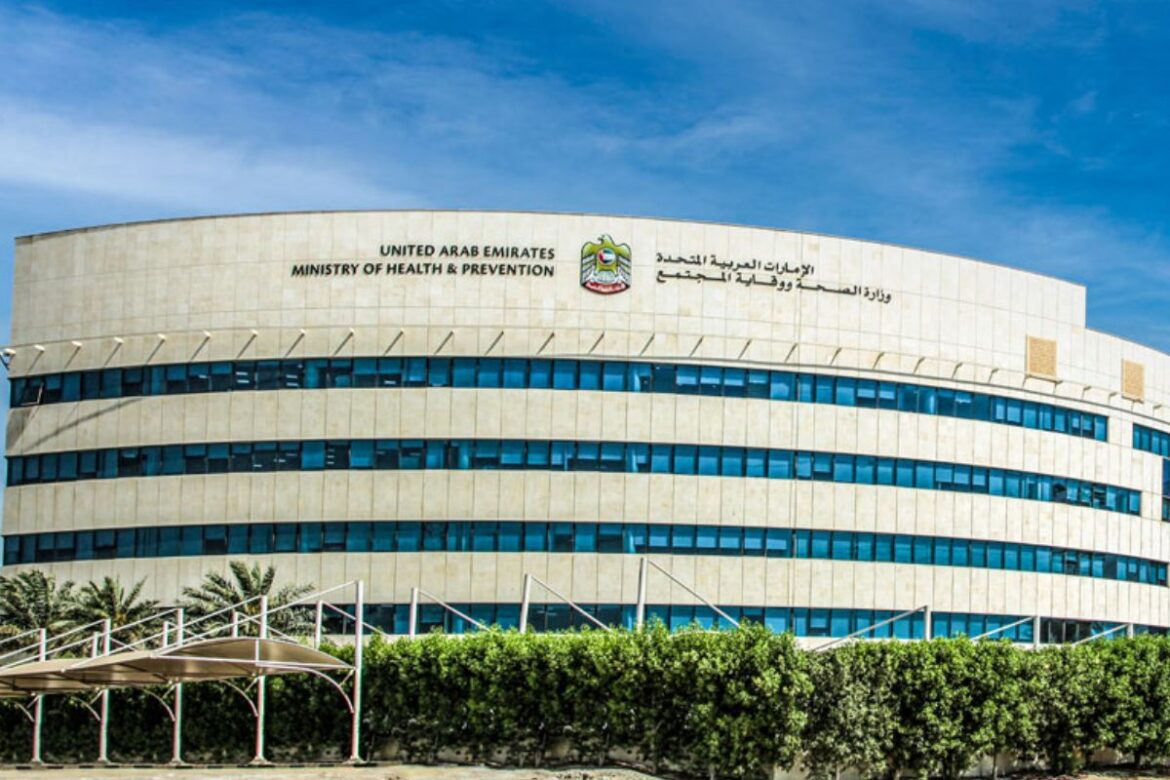The UAE’s Ministry of Health and Prevention (Mohap) on last week announced the procedures and controls for cases where abortion is permitted, aimed at “preserving the pregnant woman’s life, ensuring her safety, and enhancing oversight of healthcare facilities in the country”.
Abortion is permitted “under clear conditions and controls”, Mohap said, adding that a committee shall be established in each health authority to thoroughly examine abortion requests.
All cases of abortion should be performed in an authorised facility by a licensed physician. The procedure should not result in any medical complications that pose a threat to the pregnant woman’s life, and the duration of pregnancy at the time of the abortion should not exceed 120 days, the ministry said in a statement.
The decision on abortion requests shall be made by a dedicated committee that will be formed by Mohap or the head of an emirate’s health authority.
The committee should comprise three specialists:
- An obstetrics and gynaecology specialist
- A psychiatry specialist
- A representative from the Public Prosecution
The committee should comprise three doctors: one of them is an obstetrics and gynaecology specialist; the other is a psychiatry specialist. There should also be a representative from the Public Prosecution.
The committee is permitted to consult a third party with the appropriate specialty and expertise when needed.
Mohap clearly stipulated that “the abortion procedure is permissible if continuing the pregnancy endangers the pregnant woman’s life”.
It is also allowed in the absence of any alternative way to save her life, or if the foetus’ deformation is severe, proven, and will affect the newborn’s health and life.
The case should be supported by a medical report issued by a specialised medical committee.
Several other cases of permissible abortion are allowed, provided that the gestational period at the time of the abortion procedure does not exceed 120 days.
The procedure should be performed only in a healthcare facility licensed by the authority to perform abortions.
It should be carried out by a specialist obstetrician-gynaecologist licensed to practise in the country. And the abortion should be free of any medical complications which may put the pregnant woman’s life at high risk.
Healthcare facilities in the UAE should detail the rights and responsibilities of the pregnant woman and explain to her the necessary healthcare requirements before and after the procedure.
Healthcare facilities are also obligated to maintain the privacy and confidentiality of the personal data of a pregnant woman undergoing an abortion.
Additionally, it is the responsibility of the health authority to monitor and supervise the activities of the healthcare facilities licensed to perform abortions and evaluate their compliance.
Earlier this year, a UAE law that tackles abortion was amended, easing consent rules. The changes have made it easier for medical professionals to carry out the procedure if the mother’s life is in grave danger. Consent shall not be a condition in emergency cases that require immediate surgical intervention, the law said.


